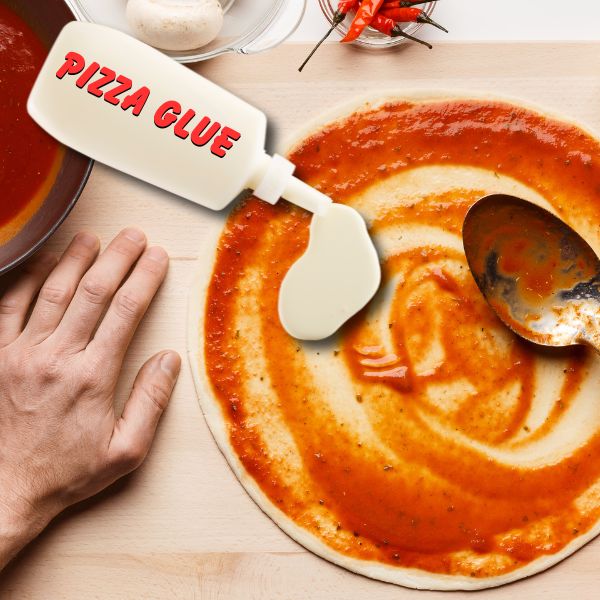Glue Pizza and Eat Rocks: The Virality of Google AI Search Errors
In an age where artificial intelligence (AI) plays a crucial role in our daily lives, we often take for granted the accuracy and reliability of AI-driven services. One of the most prominent examples of AI integration is Google Search, a tool billions of people use every day to find information quickly and efficiently. However, even the most sophisticated AI systems can stumble, leading to bizarre and humorous outcomes. Recently, some hilarious search errors from Google AI have gone viral, reminding us of the imperfections and unpredictability of machine learning.
The Glue Pizza and Eat Rocks Fiasco
One of the most amusing and concerning search errors involved Google’s experimental “AI Overviews” tool. Users searching for ways to make cheese stick better to pizza were advised to use “non-toxic glue.” This bizarre and dangerous recommendation quickly spread across social media, sparking a wave of memes and jokes. The suggestion to use glue on pizza turned the whole scenario into a surreal comedy sketch, highlighting the occasional absurdity of AI-generated responses.
In another equally strange incident, Google’s AI-generated responses told users that geologists recommend humans eat one rock per day. This advice is not only incorrect but also potentially harmful. The notion that consuming rocks could be beneficial added to the surreal humor of the situation, making it a popular topic for online discussions and parodies.
These incidents highlight a significant challenge in AI development: understanding context. While AI has made tremendous strides in natural language processing, it still struggles with nuanced and less straightforward queries. The humorous errors of suggesting to eat rocks or use glue on pizza underscore the importance of continuous improvement and training for AI systems.
More AI Blunders
The glue pizza and rock-eating errors are not isolated incidents. There have been numerous other instances where Google AI has produced equally puzzling results. For example, there was a period when searching for certain health-related queries led to bizarre and alarming advice. One notable instance involved a query about treating burns, where Google’s AI recommended using butter as a remedy—a practice that is widely discouraged by medical professionals.
In another case, users searching for information on “how to remove a tick” were advised to use fire or petroleum jelly, both of which can be dangerous and are not recommended by experts. These errors highlight the potential risks of relying too heavily on AI for critical information, especially in areas like health and safety.
The Role of Machine Learning
Machine learning is the backbone of AI search algorithms. These systems are trained on vast amounts of data to recognize patterns and make predictions. However, the data used for training can sometimes include inaccuracies, outdated information, or content that lacks context. When the AI encounters a query it has not seen before, it relies on its training to generate a response, which can lead to errors if the training data is flawed or insufficient.
Furthermore, AI systems can struggle with ambiguous language or idiomatic expressions. For instance, phrases like “glue pizza” are not common and lack clear context, making it challenging for the AI to provide a relevant answer. This issue is compounded by the AI’s inability to fully understand the underlying intent behind the query.
The Human Element
Despite these errors, it’s important to remember that AI is designed to assist, not replace, human judgment. The viral nature of these mistakes serves as a reminder that human oversight is crucial. Engineers and developers are continually working to refine AI systems, but they must also incorporate mechanisms for humans to review and correct AI outputs.
AI The Future
As AI continues to evolve, we can expect improvements in how it handles complex and ambiguous queries. However, the occasional error is inevitable, given the current state of technology. The key is to learn from these mistakes and enhance the AI’s ability to understand and interpret human language more accurately.
In the meantime, we can enjoy the humor in these AI blunders. The glue pizza and eat rocks incidents, along with other search errors, remind us that even the most advanced technologies can have a sense of humor—or at least provide us with a good laugh. As we look forward to more sophisticated AI, we should also appreciate the quirky and unexpected moments it brings to our digital lives.

